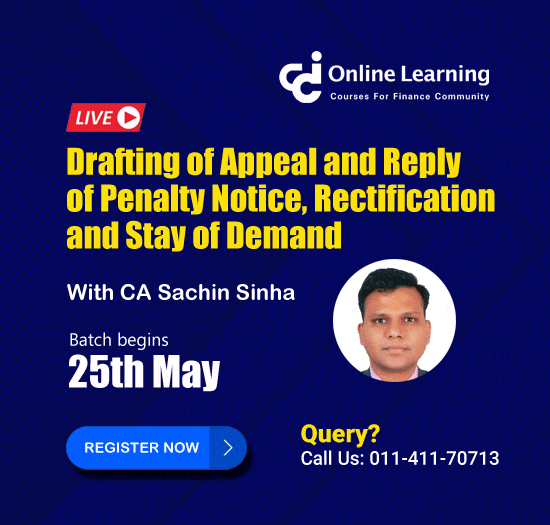QUESTION
National Infrastructure Ltd., a Government Company appointed Z, a senior retired IAS officer on its Board as an Independent director. The retired IAS officer wants to know the qualifications of an independent director and also wishes to know any code of professional conduct with reference to the provisions of the Companies Act, 2013. State the same.

ANSWER
Qualifications of Independent Director As per Section 149(6)
An independent director in relation to a company, means a director other than a managing director or a whole-time director or a nominee director who, in the opinion of the Board, is a person of integrity and possesses relevant expertise and experience.
Further, as per Rule 5 of the Companies (Appointment and Qualifications of Directors) Rules, 2014
An independent director shall possess appropriate skills, experience and knowledge in one or more fields of finance, law, management, sales, marketing, administration, research, corporate governance, technical operations or other disciplines related to the company’s business.
Code for Independent Directors
Section 149 (8) of the Companies Act. 2013 states that the company and independent directors shall abide by the provisions specified in Schedule IV, which contains the Code for Independent Directors.
Schedule IV - Code for Independent Directors
The Code is a guide to professional conduct for independent Directors. Adherence to these standards by independent Directors and fulfilment of their responsibilities in a professional and faithful manner will promote confidence of the investment community, particularly minority shareholders, regulators and companies in the institution of independent Directors.
An independent director shall:
(1) uphold ethical standards of integrity and probity:
(2) act objectively and constructively while exercising his duties:
(3) exercise his responsibilities in a bona fide manner in the interest of the company:
(4) devote sufficient time and attention to his professional obligations for informed and balanced decision making;
(5) not allow any extraneous considerations that will vitiate his exercise of objective independent Judgment in the paramount interest of the company as a whole while concurring in or dissenting from the collective judgment of the Board in its decision making;
(6) not abuse his position to the detriment of the company or its shareholders or for the purpose of gaining direct or indirect personal advantage or advantage for any associated person.
(7) refrain from any action that would lead to loss of his independence;
(8) where circumstances arise which make an independent director lose his independence, the independent director must immediately inform the Board accordingly:
(9) assist the company in implementing the best corporate governance practices.
DISCLAIMER: The Case Study presented here is only for sharing information with readers. The views expressed are personal, shall not be considered as professional advice.








 CAclubindia
CAclubindia

